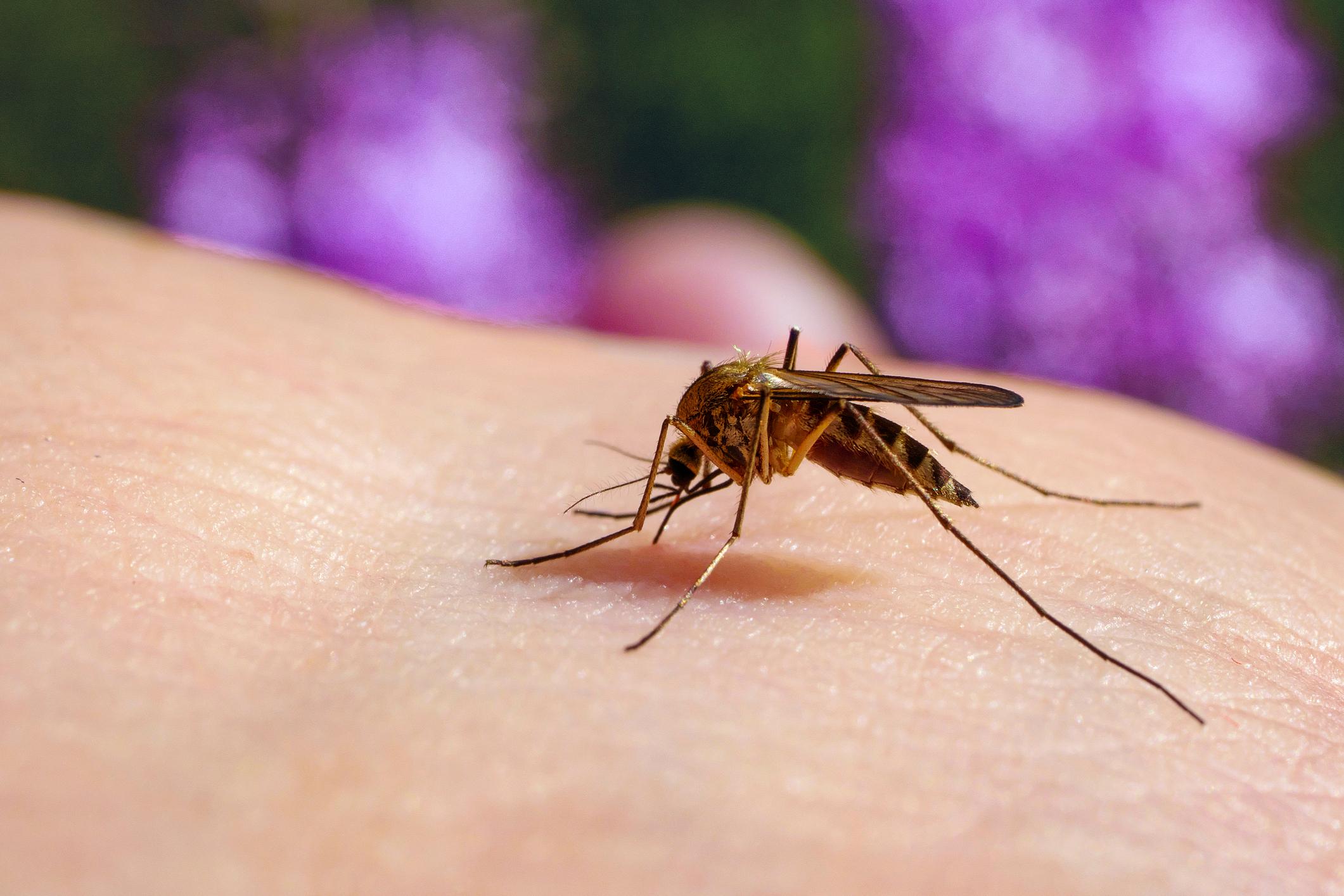Lassa fever is a viral hemorrhagic fever (like Ebola) that occurs mainly in West Africa, including Benin, Guinea, Ghana, Liberia, Mali, Sierra Leone and Nigeria. Transmitted through the excrement of certain rats (of the genus Mastomys), the virus incubates for a period of 2 to 21 days. The disease is highly contagious.
In 80% of cases, Lassa fever is asymptomatic: however, in fatal cases, death occurs within 14 days of the onset of the first symptoms – fever, generalized weakness, headache, throat irritation, chest pain and abdominal pain, vomiting, diarrhea…
In a press release published this Wednesday, February 28, 2018, the World Health Organization (WHO) warns of the serious epidemic of Lassa fever currently raging in Nigeria: since January 2018, it has infected 317 patients and caused 72 deaths in 18 country states.
A contagious disease transmitted by rats
A figure which “already exceeds the total number of confirmed cases throughout 2017” according to the WHO. Indeed, in 2017, “only” 143 infections were recorded by the National Center for Epidemic Control (NCDC).
The World Health Organization has decided to react with prevention since health authorities now plan to “rapidly detect cases of infection in communities and […] refer them to specialized structures”, which “would increase the chances of survival for patients”.
Lassa fever is named after a town in northern Nigeria where it was first identified in 1969.
Read also :
Cholera: 14 dead in northeast Nigeria
Infertile woman gives birth to sextuplets
Polio is back in Nigeria
















